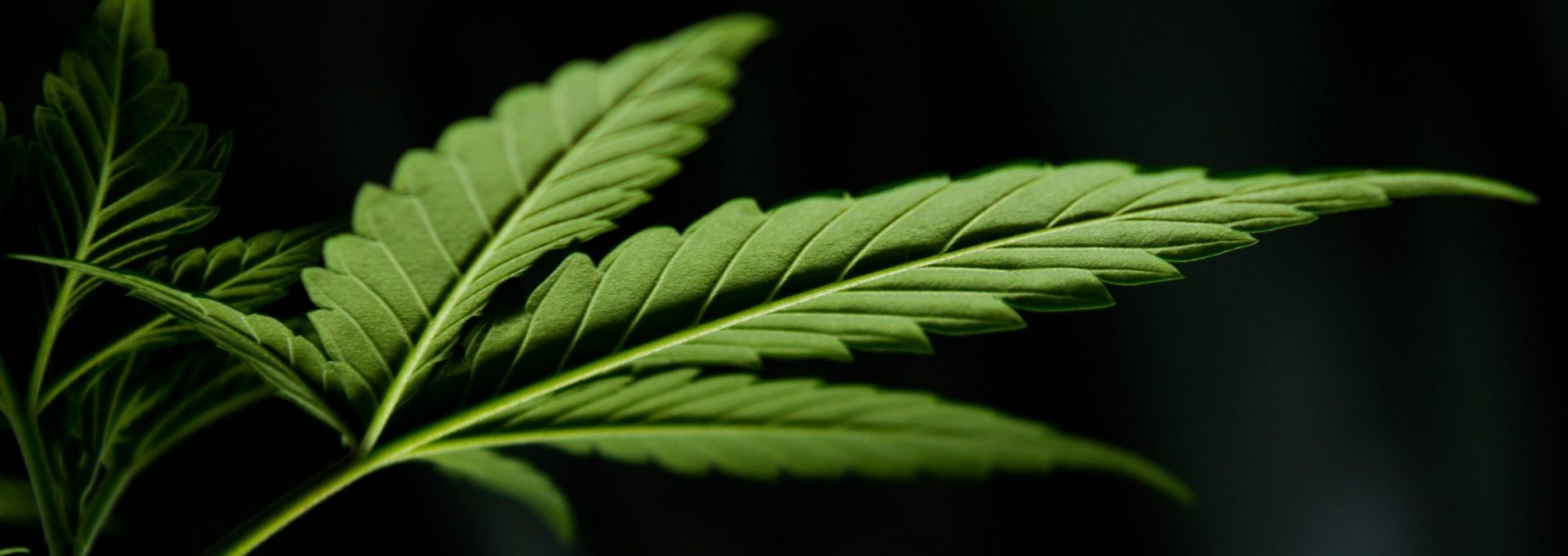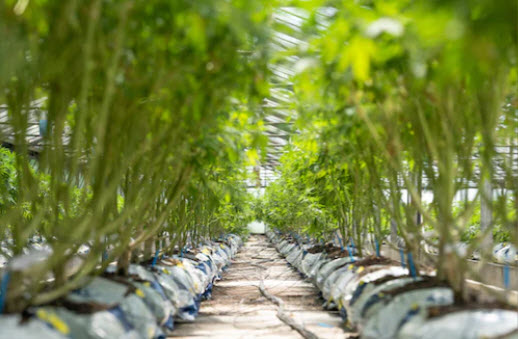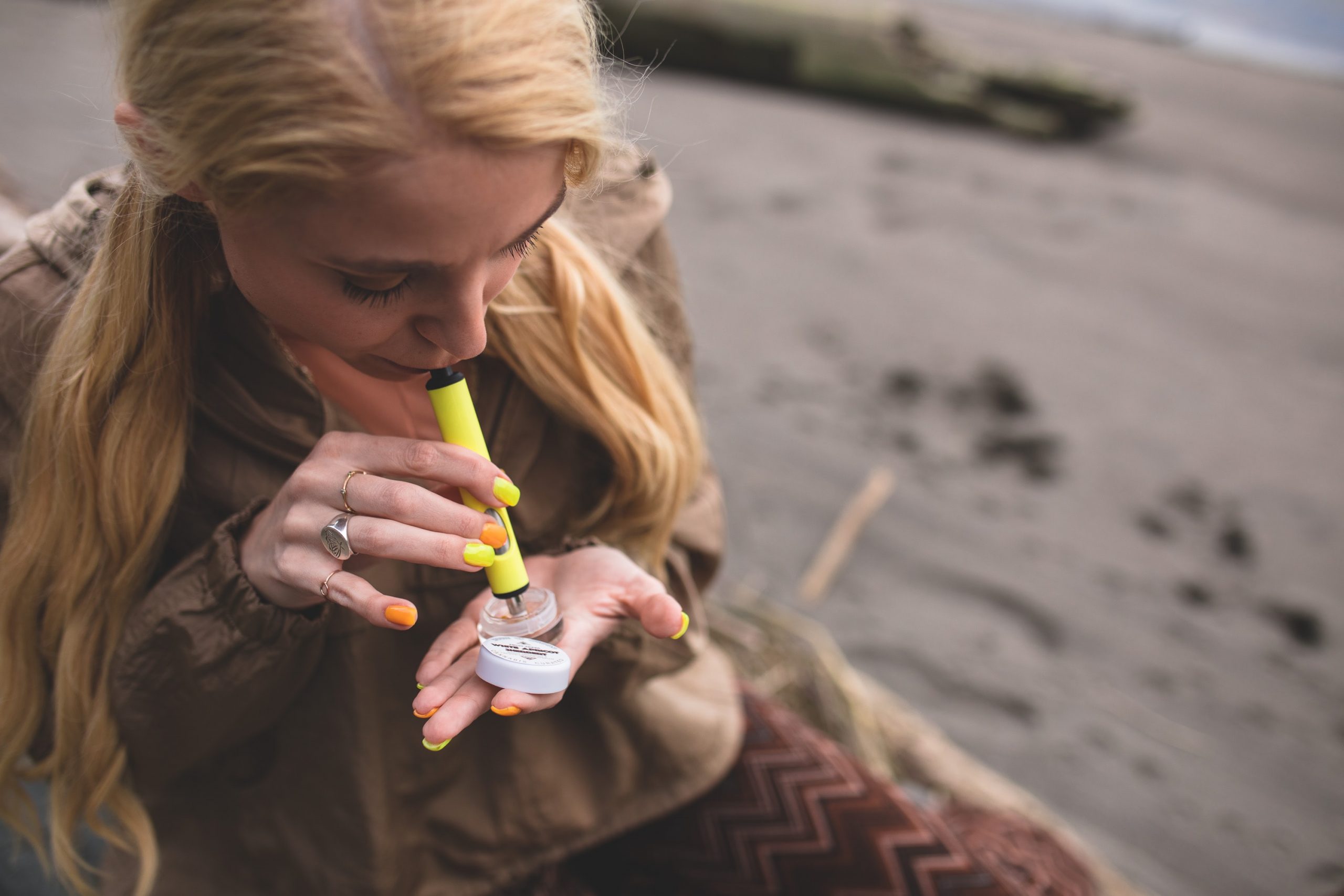Coffee shops in Tilburg and Breda may begin to take part in Holland’s “New” Cannabis Experiment by October – with the full trial now set for 2024
Two southern Dutch cities – Tilburg and Breda – located near each other and the Belgian border – appear to be the first in the country to be allowed to participate in the “new” Dutch experiment with recreational cannabis. They are part of the first group of ten towns and cities in the country which have signed up to participate in the program, and appear to be the locations most ready to proceed. Officials in Amsterdam have also indicated that they will nominate one of its seven boroughs to participate as well – despite the pending outdoor smoking ban in the redlight district.
The shops will be supplied from three growers who were chosen in the cultivation tender. There are currently nine cultivators in the program after one had to drop out. Only one, however, is ready to start providing cannabis to coffee shops. Most of the growers are finding it difficult to find a bank to work with because of the concern about money laundering.
In the initial trial phase, the licensed coffee shops will be allowed to have up to 500 grams of “legally sourced” product, but will also be allowed to source from their previous “illegal” or unlicensed growers.
The project, known as the wietexperiment was initially approved in 2019 by the Dutch senate but has stalled repeatedly, and for a number of reasons over the past four years. This is not unlike the situation in Germany and the medical cultivation tender process.
The initial phase of the project will run for six months, after which it is hoped that other cities will sign up to the program.
Impact In Holland
The jury is still out on how the entire program will function, particularly since coffee shops will still be allowed to source from gray market growers. It also raises many interesting questions about how “legal” and “other market” cannabis will be priced – and accepted by buyers.
Generally, patients and consumers tend to prefer illicitly sourced product – both because of taste and effect as well as pricing.
It will be interesting to watch how “legally grown” cannabis stacks up against its competition, which is still a market force everywhere.
Impact in Germany
The project is being watched right over the German border where politicians are still promising to get a draft recreational cannabis law drafted and approved by the EU by the end of March – a mere month away. However there are already likely to be differences between the two countries’ approaches to the issue.
In Holland, the gray market has been established over the last forty years, and is still being given the ability to operate – at least for now – as the “legal” growers get on their feet. In Germany, where no gray market exists, the government will almost certainly ban the nascent cannabis shops from sourcing from anything but certified growers. This alone puts the path to legalization at least 12-24 months away from the actual passage of legislation, pushing the likely schedule in Germany for the actual market start easily into the latter part of 2024 if not 2025.
That said, if “cannabis clubs” are also allowed, as has been suggested by lawmakers, the question remains whether these establishments will provide an alternative if not competition to established, licensed venues by becoming collectives for individuals who sign over their private plant minimum to the venue.
In Germany, unlike Holland, there is also the likelihood that the first venues consumers will be able to purchase legal weed from pharmacies, which are also highly unlikely to accept cannabis from anywhere but licensed cultivators.
Challenges Likely To Remain
There is no easy path to legalization, as both the US and Canada have shown over the past decade.
The issues with certification, advertising, regulation of various kinds and even banking are issues that remain unsolved just about everywhere.
Beyond this, the taxation structure, quality issues, and basic problems that remain beyond these issues – from obtaining banking and other required infrastructure, not to mention the licensing process itself (for both cultivators and dispensaries) loom large.
One thing remains crystal clear, however. The path to legal cannabis – no matter its designation – remains fraught with delay, red tape and unforeseen challenges. There is no “easy” path to legalization.









